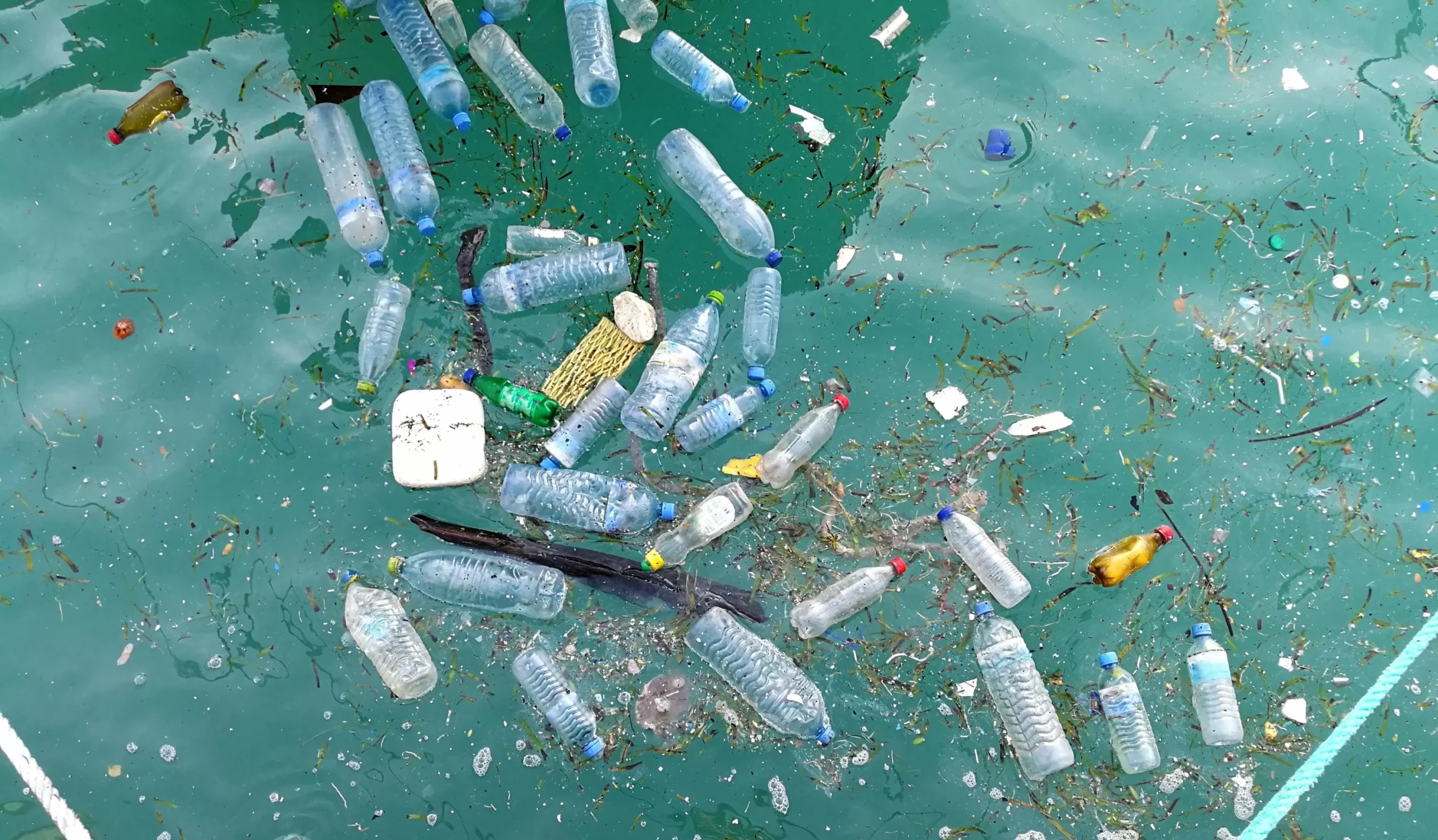It’s no secret that plastic has become an integral part of our daily lives. From the moment we wake up to the time we go to bed, we are surrounded by plastic in some form or another. Whether it’s the toothbrush we use in the morning, the water bottle we carry to work, or the packaging of the food we eat, plastic has become an inseparable part of our modern lifestyle.
But with its convenience and usefulness, plastic has also brought along a significant problem – pollution. It’s no longer a hidden fact that plastic is one of the biggest contributors to environmental pollution. Its non-biodegradable nature means that it stays in the environment for hundreds of years, causing harm to wildlife and ecosystems. It can sometimes seem that everything we want to buy is either made of plastic, wrapped in plastic, or contains some form of plastic. In short, it’s everywhere.
But does this mean we should completely give up on plastic? Is it possible to eliminate plastic from our lives? The answer to these questions is not a simple yes or no. Plastic has undoubtedly made our lives easier in many ways, but it’s high time we start finding alternatives and reducing our plastic consumption. It’s essential to understand that we do have the power to make a positive change and protect our planet from the harmful effects of plastic pollution.
One of the first steps we can take is to educate ourselves about the different types of plastic and their impact on the environment. Not all plastic is created equal, and some are more harmful than others. For example, single-use plastic, such as straws, plastic bags, and cutlery, is particularly damaging as it is used once and then discarded. On the other hand, there are more sustainable options like biodegradable plastics, which break down naturally and have a lesser impact on the environment. By understanding the types of plastic we use and their impact, we can make informed decisions and choose better alternatives.
Another way to reduce our plastic consumption is by opting for reusable items instead of disposable ones. For instance, investing in a reusable water bottle or coffee cup can significantly reduce the amount of plastic waste we produce. Similarly, carrying a cloth bag for grocery shopping instead of using plastic bags can make a big difference. These small changes may seem insignificant, but when multiplied by millions, they can have a significant impact on reducing plastic pollution.
We can also make a conscious effort to choose products with minimal or no plastic packaging. It’s disheartening to see that even products like fruits and vegetables come wrapped in layers of plastic. By choosing to buy from local farmers’ markets or bulk stores, we can avoid unnecessary plastic packaging and support sustainable practices. Additionally, we can also look for alternatives to plastic packaging, such as paper, cardboard, or glass, which are more easily recyclable or biodegradable.
But it’s not just about reducing our plastic consumption; it’s also about proper disposal and recycling. Unfortunately, only a small percentage of plastic waste is recycled, and the rest ends up in landfills or oceans. It’s crucial to dispose of plastic waste responsibly and recycle whenever possible. Governments and corporations also have a significant role to play in implementing policies and practices that promote recycling and proper waste management.
However, as individuals, we can also take it upon ourselves to educate and inspire others to reduce their plastic consumption. We can start conversations, share information on social media, and support organizations working towards reducing plastic pollution. By working together, we can create a ripple effect and bring about a positive change in our communities.
It’s also essential to acknowledge that plastic has revolutionized many industries and has been crucial in various medical and technological advancements. It would be unrealistic to completely eliminate plastic from our lives, but we can certainly strive to use it responsibly and sustainably. The key is to find a balance between our needs and the impact on the environment.
In conclusion, plastic pollution is a significant problem that requires urgent attention. It may seem overwhelming at times, but it’s essential to remember that every small step counts. By educating ourselves, making conscious choices, and spreading awareness, we can contribute to a healthier and cleaner environment. Let’s come together and take action to reduce plastic pollution and create a better future for our planet. After all, it’s the only home we have.







